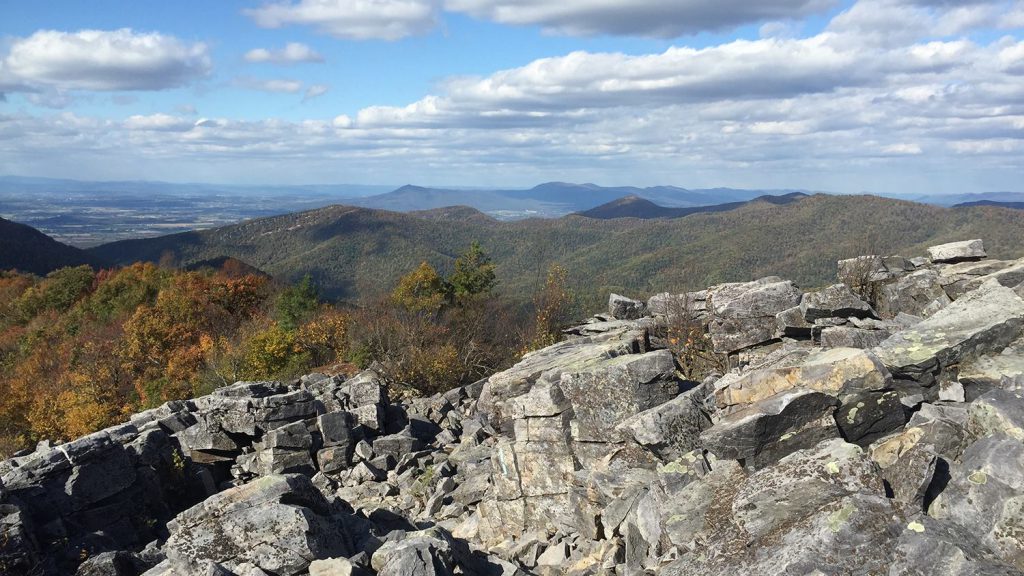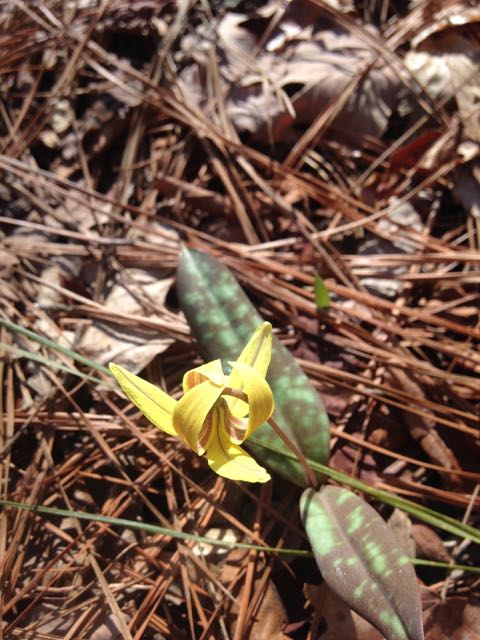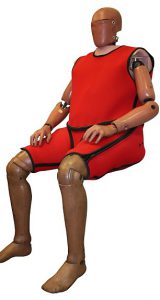
News that the company that designs crash-test dummies has bulked up its replicas to better reflect a … growing America — creating a dummy that weighs 273 pounds compared to the previous 167-pounder — immediately made me think, of course, of hiking. If these crash-test dummies had been out hiking instead of parked behind the wheel, they no doubt could retain their svelte, under-35 BMI physiques of just 20 years ago.
The plight of the corpulent crash-test dummies was a reminder that we fail to appreciate that, in addition to clearing our minds, when we hit the trail it’s doing our bodies a world of good. First, as underscored by the dummies, hiking can play a key role in controlling weight. Consider: A 180-pound person burns about 500 calories an hour on a vigorous hike (throw on a 30-pound pack and that figure climbs over 650 calories per hour). Granted, we need to replace some of those calories to keep fueled, but still, that’s some serious calorie burning.
Other examples of how hiking can improve your health:

• Hiking on a regular basis can lower your blood pressure by 4 to 10 points. (Case in point — and pardon me if I’ve told this story: On a recent Corporate hike, a hiker who has been with us for a year now told me she’d just had her annual health assessment for work. A year ago, her blood pressure was 130 / 80; today, a year later, it’s down 10 points to 120 / 72.)
• Hiking reduces your chances of heart disease.
• A frequent walk in the woods can help reduce your chances of getting diabetes. If you already have the disease, hiking, combined with a proper diet, can reduce or even eliminate the need for insulin therapy.
• As a weight-bearing, impact exercise, hiking can help stave off osteoporosis.
• A walk in the woods can clear your head — and that’s not us talking, that’s your endorphins, according to recent studies. It’s also effective at reducing stress and relieving anxiety.
• Hiking improves muscle fitness.

• Hiking can lower your risk of high cholesterol and triglycerides.
• Hiking can lower your risk of colon and breast cancer.
• After a good hike you’ll sleep better.
For most of us, lowering our blood pressure or building stronger bones isn’t our main motivation for hiking: it’s those first spring beauties and trout lilies along the Eno River, those crystal clear vistas from the AT through the Shenandoah, those mountain coves rich with ancient hardwoods in the Southern Appalachians. But it’s nice to know that what may seem an indulgence (particularly when we’ve left pressing chores back home) is doing our bodies a world of good.
Better a hiker than a crash-test dummy.